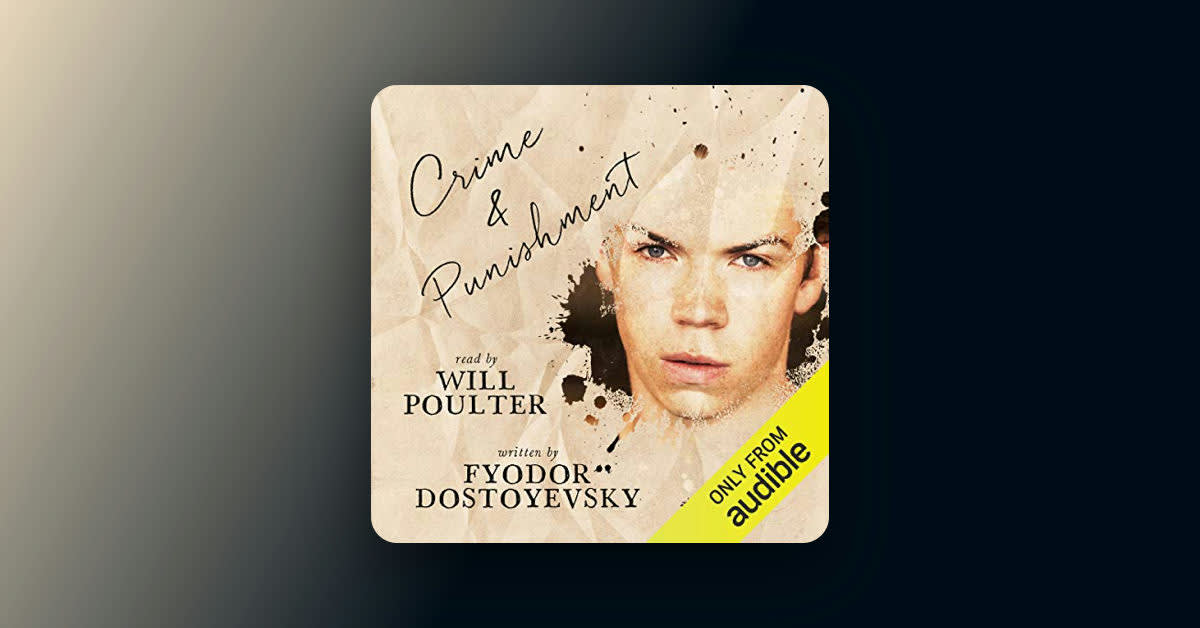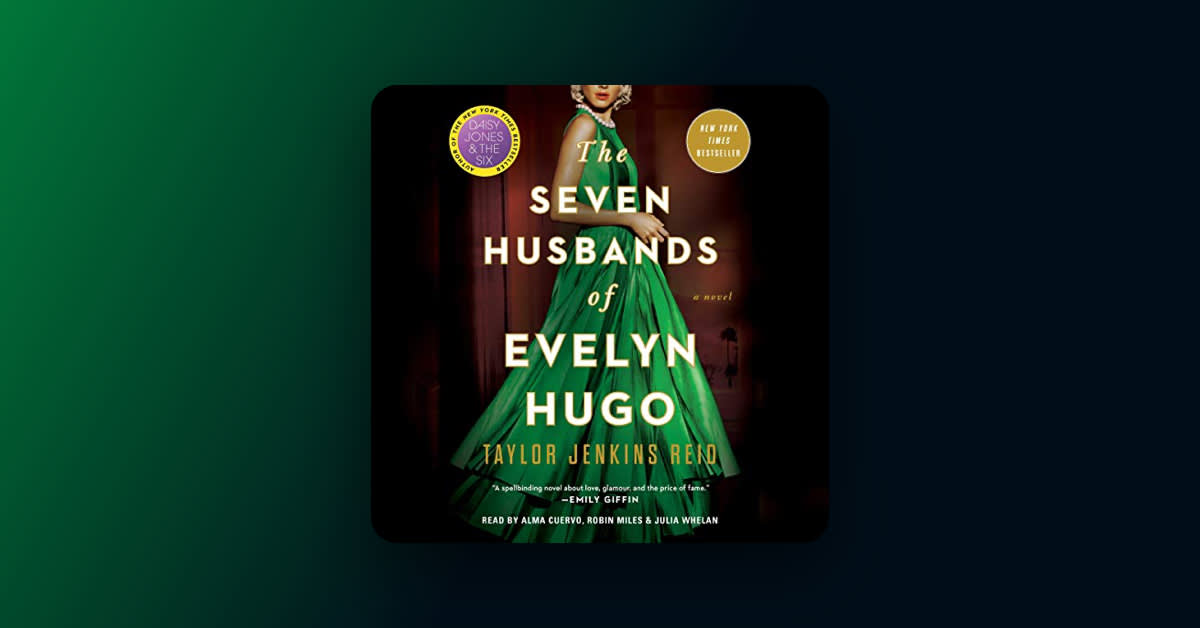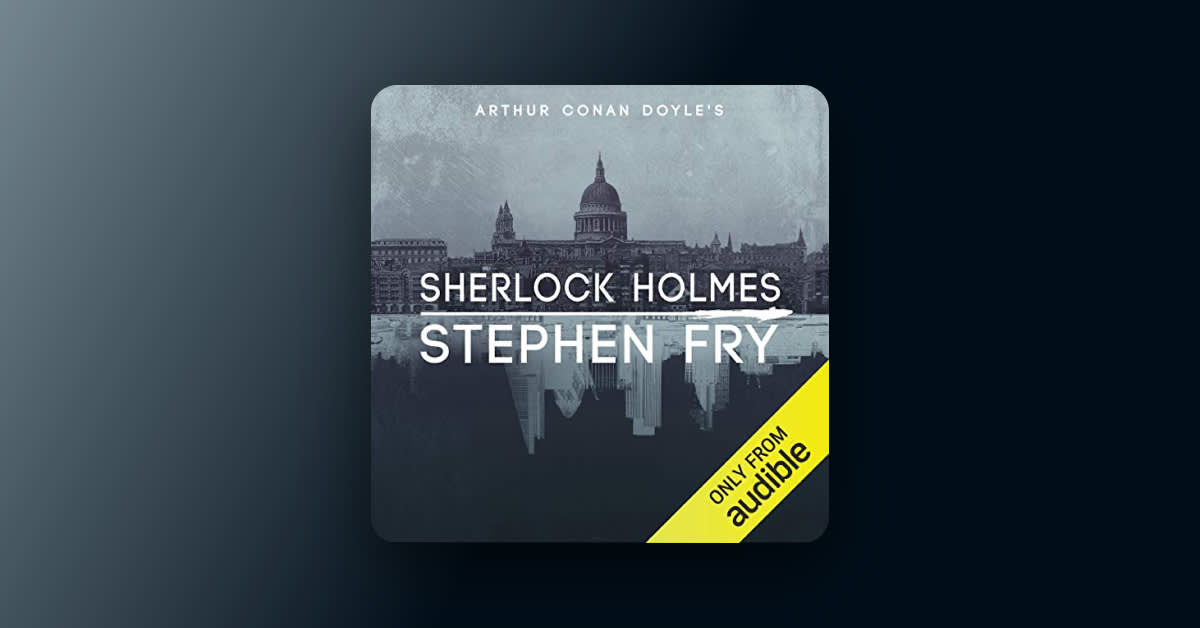Why it's essential
With his second novel in the "Hannibal Lecter" series, brought his ruthless serial killer to icon status while constructing one of the most gripping thrillers of all time.
Featured in .
What is The Silence of the Lambs about?
follows Clarice Starling, an FBI trainee, as she becomes embroiled in the chase for Buffalo Bill, a murderer with a strange pattern of killings. To aid in the case, she begins to interview the incarcerated Dr. Hannibal Lecter, a brilliant psychiatrist who just so happens to be a spree killer as well.
Editor's review
Seth Hartman is an Audible editor and a certified podcasting fanatic. He lives for historical fiction, music and film analysis podcasts, and well-placed Oxford commas.
As a lifelong horror buff, it is always refreshing to return to my earliest experiences with the genre. Starting in my early middle school days, I began to develop a secret fascination with some of the genre’s most iconic characters. It felt wrong to harbor something bordering on obsession for monsters like Jigsaw or Michael Myers, but the morbid researcher within me couldn’t help it. Many adolescent afternoons with my friends were spent imagining survival methods for each movie’s deadly scenarios, or perhaps debating whether Jason would actually stand a chance against Freddy Krueger.
It didn’t take long for my dad to notice my interest in the genre. One day, he came home from the video store with two movies that would change my outlook as a horror fan forever. These films were The Silence of the Lambs and . After searing both films into my retinas over the course of the next two days, I came to understand the true potential of horror stories.
At its core, the setup for Silence isn’t all that novel. It follows a classic "unlikely allies" plot, as FBI trainee Clarice Starling is compelled to team up with psychologist and serial killer Dr. Hannibal Lecter in order to crack a high profile case. What makes this story stand out is the special care it takes with these characters and their relationship. Dr. Lecter is a psychopathic genius who takes great pleasure in toying with people, yet it is clear throughout the story that he seems to have a soft spot for Clarice. This feeling often manifests as a playful demeanor, with Hannibal taking great pleasure in making her squirm while still providing her with useful help. Clarice, on the other hand, is justifiably afraid of the doctor and takes great measures to appear professional and "hard" in front of him. As they work on the case of "Buffalo Bill" (a murderer whose methods seem to copy Lecter’s), Hannibal employs his advanced analytical skills to slowly but surely chip away at Clarice’s defenses, waiting for any advantage he can find to play this situation to his advantage.taught me that horror can show itself in many forms. The true horror of this story is not found in the serial killings, but in the uncomfortably fraught relationship between Dr. Lecter and Clarice. Despite being behind bars for the vast majority of the novel, the power Dr. Lecter wields with words alone is staggering. He is, without a doubt, among the most terrifying villains in modern storytelling, yet he brandishes his power while doing little more than pacing around a jail cell.While the film adaptation of this novel dragged me mercilessly into the twisted world of Hannibal Lecter, it wasn’t until years later that I dove into Thomas Harris’s extended . Getting a chance to read about Hannibal’s reign of terror before he was incarcerated as well as his other exploits added a level to this character that I never knew I needed. This coupled with Frank Muller’s masterful voice work in the audiobook makes the listening experience of these novels an absolute treat for any horror fan.Even after consuming every horror movie and book known to man (exaggeration, I know), thinking about this story still makes a chill run down my spine. Hannibal Lecter is, without a doubt, an iconic villain who transcends his own series, terrifying horror junkies like me to this day.







